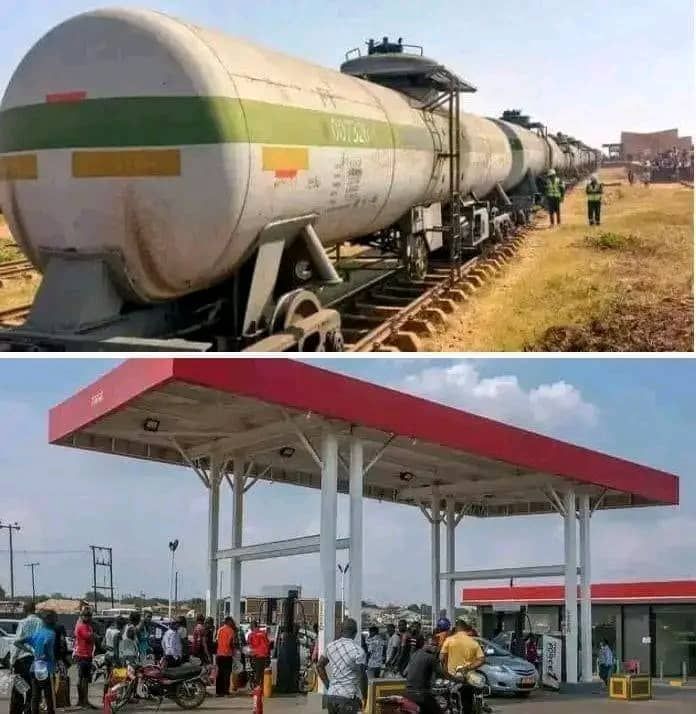By Twink Jones Gadama
Malawi is grappling with a severe fuel scarcity, leaving many citizens stranded and concerned.
The Transporters Association of Malawi (TAM) has shed light on the underlying issue, pointing to a crippling foreign exchange shortage that’s hindering fuel importers from paying their suppliers.
According to TAM Spokesperson Frank Banda, the country’s fuel importers, Petroleum Importers Limited (PIL) and National Oil Company of Malawi (NOCMA), are struggling to settle outstanding payments with their suppliers due to the unavailability of foreign exchange.
This has resulted in a logjam at ports in Beira, Mozambique, and Dar es Salaam, Tanzania, where Malawian trucks await fuel cargo.

“Our trucks are currently at the ports, but they’re delayed because of the outstanding payment issues between fuel importers and suppliers,” Banda explained. “It’s crucial for the government, through the Malawi Energy Regulatory Authority (MERA), to understand the logistical requirements for fuel importation and avoid spreading misinformation.”
MERA Public Relations Officer Fitina Khonje attributed the fuel scarcity to delays in accessing foreign currency by transporters.
However, TAM’s revelation suggests a more profound issue, underscoring the need for urgent intervention.
Malawi’s forex woes have been exacerbated by the country’s reliance on imports, a dwindling export base, and dwindling donor support.
The scarcity has far-reaching implications, affecting not only the transport sector but also businesses, industries, and households.
Economist Dr. George Lazaro warned, “The forex shortage is a ticking time bomb. If left unaddressed, it will paralyze the economy, fueling inflation, and exacerbating poverty.”
The government has been urged to expedite measures to stabilize the forex market, including diversifying export channels, promoting local production, and improving revenue collection.
The fuel scarcity has sent shockwaves across various sectors, with taxi and bus operators struggling to maintain services, farmers facing challenges in transporting produce to markets, manufacturing and production slowing due to fuel shortages, and ambulances and medical services being compromised.
Economic experts emphasize the need for a multifaceted approach to address Malawi’s forex challenges, including promoting non-traditional exports, encouraging local manufacturing, improving tax collection and revenue management, and establishing efficient forex management systems.
The government has assured citizens that measures are being taken to address the forex shortage.
MERA has initiated emergency fuel imports, while the Reserve Bank of Malawi has pledged to increase forex allocation for fuel importers.
As Malawi navigates this economic challenge, transparency, coordination, and swift action are essential.
The government must work closely with stakeholders to stabilize the forex market, ensure fuel availability, and safeguard the country’s economic future.
Addressing the forex shortage requires a concerted effort from the government, private sector, and citizens.
Only through collective action can Malawi mitigate the effects of this crisis and pave the way for sustainable economic growth.


